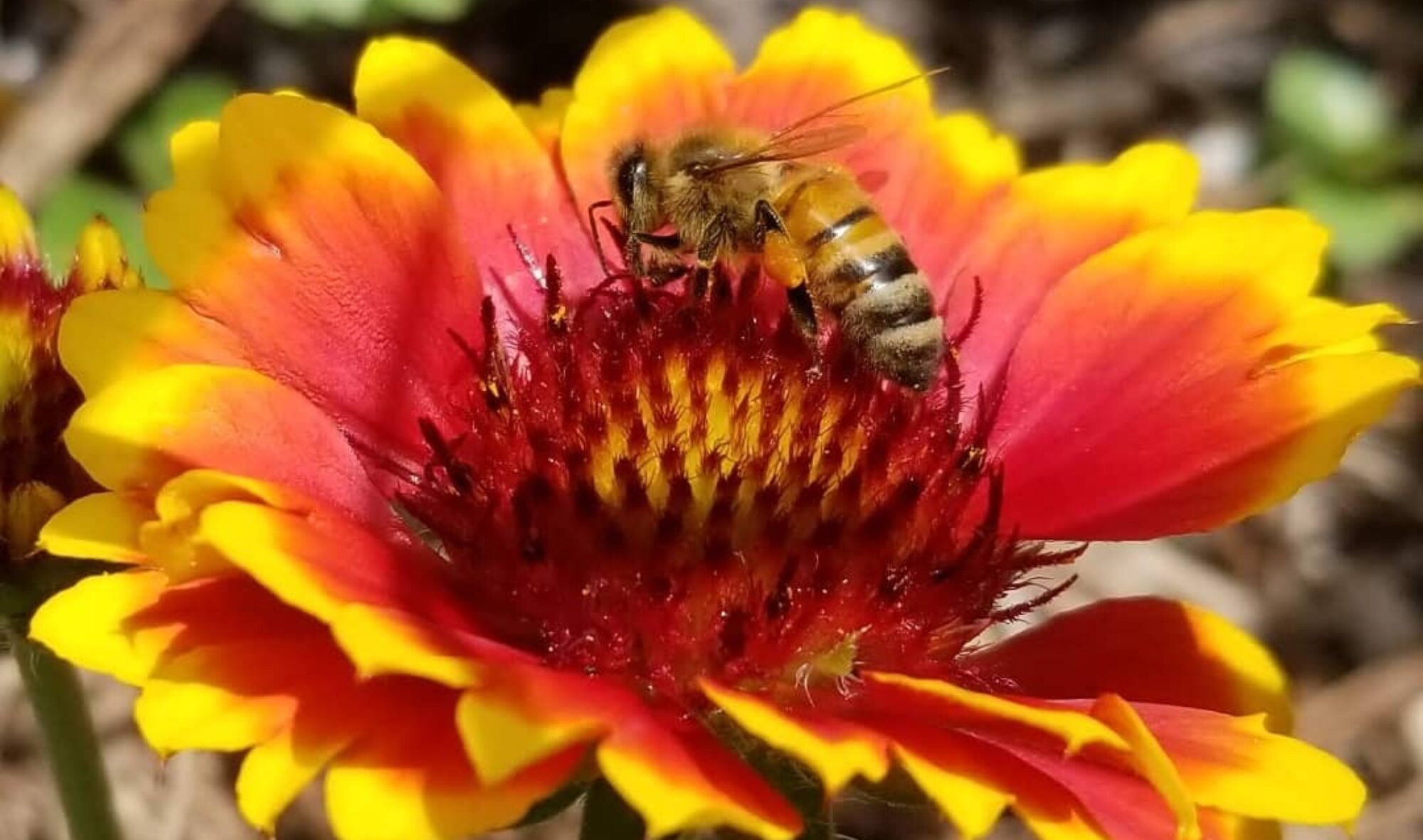Although the honeybee plays an integral role in our lives, other pollinators are vital as well. We need to be concerned with saving the 250+ bumble bee species, 500+ stingless bees and the thousands of solitary bees that play an important role in pollinating plants around the world. There are certain plants that can only be pollinated by these species. Those plants include avocados, potatoes, eggplants and much more.
Bumblebees as other pollinators

Bumblebees “buzz pollinate” plants by landing and vibrating the plant to release the pollen. This is a highly effective technique. So effective, that the bumblebee is being used more in the commercial setting, like greenhouses, that grow tomatoes and other self-pollinating and wind-pollinating plants.
Stingless Bees as other pollinators

Although not studied extensively, the stingless bees are pollinating avocadoes and mangoes in a commercial setting. While these bees do not sting, they can bite to defend themselves.
Solitary Bees as other pollinators

Solitary bees come in a variety of shapes, sizes and colors. Some are truly solitary while others are more social building nests next to each other for protection. They pollinate almost as many plants as honeybees and are all over the globe.
Butterflies

Butterflies are considered as pollinators. They are less efficient than bees as they do not pick up much pollen as they move from plant to plant. They also lack the specialized structures needed to collect it. However, they do their fair share in the pollinating process. Butterflies are not considered as major contributors in the commercial food crop industry. It is believed that they are less regarded by the commercial industry due to the “follow the money” syndrome. Due to their fragility to ecological change, the butterfly is an incredible indicator of the ecosystem’s condition.
All pollinators are necessary as they contribute to 75% of our major food crops. Without them, the food we eat would be severely limited in the types and quantity for all of us to survive.
